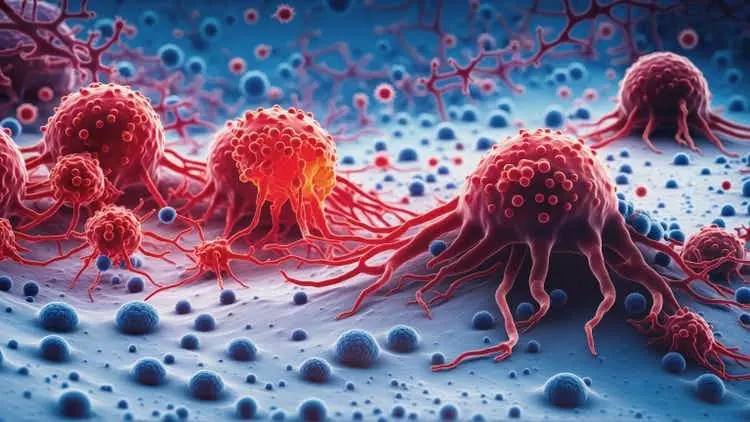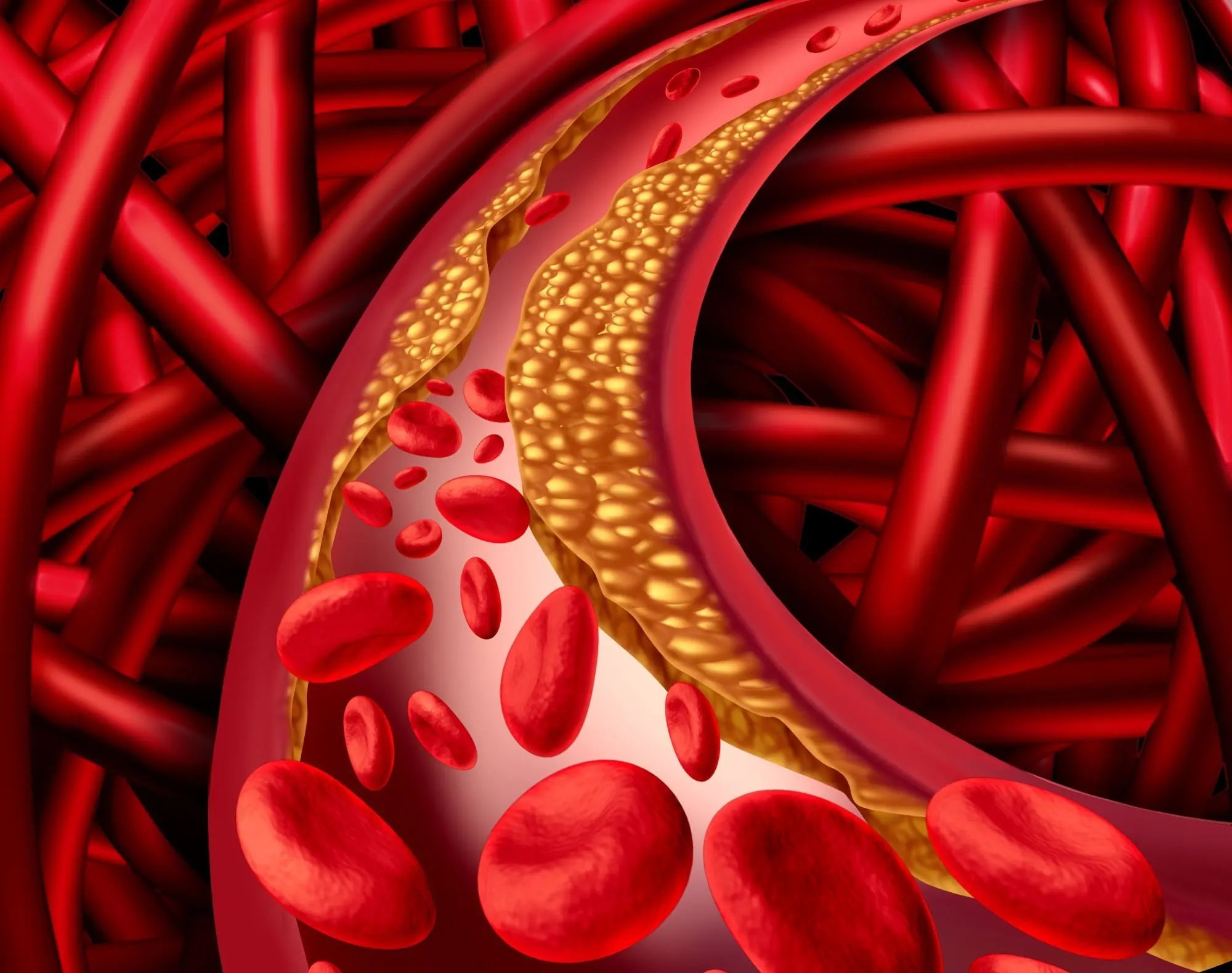
Things That No One Ever Tells You About Being A Functional Alcoholic
When most people think of alcoholism, they often envision a person who is unable to hold down a job, maintains erratic behavior, or faces visible consequences due to their drinking. However, there is another side to this condition that is rarely discussed—the life of a "functional alcoholic." A functional alcoholic is someone who appears to lead a relatively normal life, maintaining a job, relationships, and social appearances, all while struggling with a dependency on alcohol. This type of alcoholism can be insidious, as the person’s outward life seems unscathed, but underneath, they are often dealing with intense emotional and physical challenges. There are several things that no one ever tells you about being a functional alcoholic, and understanding these realities can help bring awareness to this complex issue.
1. It’s Easy to Overlook
One of the most dangerous aspects of being a functional alcoholic is how easy it is to overlook. Since these individuals still manage to go to work, care for their families, and maintain social appearances, their alcohol consumption is often downplayed or dismissed by themselves and those around them. In fact, many functional alcoholics are highly adept at hiding their addiction. They may drink heavily at night, but they are able to go to work the next day without issue. This can make it harder for both the individual and their loved ones to recognize the problem until it has become quite serious.

2. Alcohol Becomes a Coping Mechanism
For many functional alcoholics, drinking is not just a social activity but a way to cope with stress, anxiety, or depression. They often reach for a drink at the end of a long day to "unwind" or to numb uncomfortable emotions. While this may provide temporary relief, it only exacerbates the underlying issues over time. What starts as an occasional drink to relieve stress can slowly evolve into a dependency, as the person begins to rely on alcohol to manage their emotions. The more they drink, the more they convince themselves that it is the only way to feel better, often ignoring the long-term consequences.
3. It’s Hard to Recognize the Negative Effects
When you’re a functional alcoholic, the negative consequences of drinking aren’t always immediately apparent. You may not experience the same outward signs of addiction as someone who is visibly intoxicated all the time. However, subtle issues begin to manifest in other areas of your life. Relationships might start to suffer as others begin to notice the alcohol-fueled behavior, or your productivity and work performance may slip without you realizing it. There may be occasional blackouts or lapses in memory that get brushed off as minor mistakes. But over time, these small signs build up, and the toll on both mental and physical health becomes undeniable.
4. You Live in a Constant State of Denial
One of the hardest things about being a functional alcoholic is that you often live in a state of denial. You might convince yourself that you have everything under control because you can still perform day-to-day activities, maintain your job, and keep up with social engagements. You might even argue that your drinking is not a problem because it doesn’t interfere with your work or family life. This denial is often fueled by the fear of confronting the reality of the addiction. The idea of losing control over something that has been a consistent part of your life can be terrifying. As a result, the functional alcoholic may avoid acknowledging their addiction for years, even as their drinking continues to escalate.
5. There’s a Constant Inner Struggle
Despite outward appearances, a functional alcoholic often experiences a constant internal battle. They may feel guilty about their drinking but convince themselves it’s not a problem because they’re "managing." This guilt can eat away at them, leading to feelings of shame and self-loathing, even though they continue to drink. The fear of being labeled as an alcoholic or judged by others only adds to the emotional weight they carry. This internal conflict can be exhausting, and it creates a vicious cycle in which alcohol is used as a way to numb the discomfort of the guilt and shame. The struggle is silent but real, and it can be incredibly isolating.
6. It’s Difficult to Ask for Help
For many functional alcoholics, asking for help feels like admitting defeat. They are often high-functioning and successful individuals who have built a reputation for being in control. Admitting that they need help with their drinking can feel like a loss of control or a failure. The stigma surrounding alcoholism can also prevent them from reaching out, as they fear being judged or ostracized. As a result, they may continue to suffer in silence, trying to manage their addiction on their own, which only leads to deeper problems down the line.
7. Recovery Is a Long and Complex Process
Finally, recovery for a functional alcoholic is not a quick or easy process. Just because someone is able to maintain a seemingly normal life while drinking doesn’t mean they’re not deeply affected by their addiction. Recovery requires a significant shift in lifestyle, perspective, and behavior. It may involve therapy, support groups, and a willingness to confront difficult emotions and situations that have been numbed by alcohol for years. For many functional alcoholics, the road to recovery is long and fraught with setbacks, but it is possible with the right support and commitment to change.
Conclusion
Being a functional alcoholic is a complex and often misunderstood experience. While the external signs of alcoholism may be less visible, the internal toll on mental, emotional, and physical health is very real. It is easy to overlook, hard to admit, and difficult to navigate alone. Recognizing the subtle signs of functional alcoholism and understanding its complexities can help bring more awareness to this condition, making it easier for individuals to seek help before the situation becomes unmanageable. If you or someone you know is struggling, it is crucial to reach out for support, as recovery is possible with the right resources and mindset.
News in the same category


Terminally Ill Man is Warning Others to Not Make The Same Mistake He Made

10 Natural Home Remedies To Help Lower High Blood Pressure

Scientists have discovered a key genetic factor that explains why women’s brains age at a different rate than men’s.

Experts who predicted covid say new virus appearing in US could threaten 'all of mankind'

Why Your Brain ‘Blinds’ You for Two Hours Each Day

11 Reasons Why You Have Red Dots On Your Skin

The Benefits and Potential Dangers of Eating Tilapia Fish

Cancer Doctor Reveals ‘Common Theme’ Seen Regularly In Patients Before Diagnosis

How Often Should You Change Your Underwear?

WHO issues its first-ever reports on tests and treatments for fungal infections

Scientists Have Officially Measured the Speed Limit of Human Thought

How Your Sleeping Position Affects Your Health

Only People With Perfect Color Vision Can Read These Words

What Does It Mean When A Person Who Has Passed Away Appears In Your Dream

Discover the Incredible Health Benefits of Melon Seeds

Are you over 40? LONGEVITY SECRETS You Need to KNOW!

Hidden Benefits of Herbs: This Article Reveals It All!

Over 200 People Are Killed By The “World’s Deadliest Food” Every Year, But Almost 500 Million People Still Eat It

Man Loses Pulse For 45 Minutes, Wakes Up, And Reveals This Spine-Chilling Vision Of Afterlife
News Post

Don't honk at older folks. We've been around long enough to know how to teach a lesson with a smile

My DIL Shamed Me for Posting a Picture of My 'Wrinkled Body' in a Swimsuit — I Gave Her a Wake-up Call

8 cancer-killing foods you didn't consider!

Terminally Ill Man is Warning Others to Not Make The Same Mistake He Made

10 Natural Home Remedies To Help Lower High Blood Pressure

Scientists have discovered a key genetic factor that explains why women’s brains age at a different rate than men’s.

The Hidden Power of Garlic Peels: Benefits for Your Health, Garden, and More

Experts who predicted covid say new virus appearing in US could threaten 'all of mankind'

Why Your Brain ‘Blinds’ You for Two Hours Each Day

Castor Oil: Discover the Transformative Effects After Just 7 Days

11 Reasons Why You Have Red Dots On Your Skin

The Benefits and Potential Dangers of Eating Tilapia Fish

My 32-Year-Old Son Threw a Wild Birthday Party at My House and Nearly Destroyed It

I Was Looking At a Photo of My Late Wife and Me When Something Fell Out of the Frame and Made Me Go Pale

My Husband Moved Back in with His Mom Because My Cough 'Was Annoying' While I Was Sick with Our Baby – So I Taught Him a Lesson

Cancer Doctor Reveals ‘Common Theme’ Seen Regularly In Patients Before Diagnosis

My Husband Threw $50 at Me and Said, 'Make a Lavish Christmas Dinner for My Family — Don't Embarrass Me!'

My Husband’s Best Friend Moved in Weeks Ago, Expecting Me to Clean after Him – Husband Sided with Him, So I Taught

How Often Should You Change Your Underwear?
